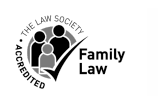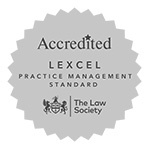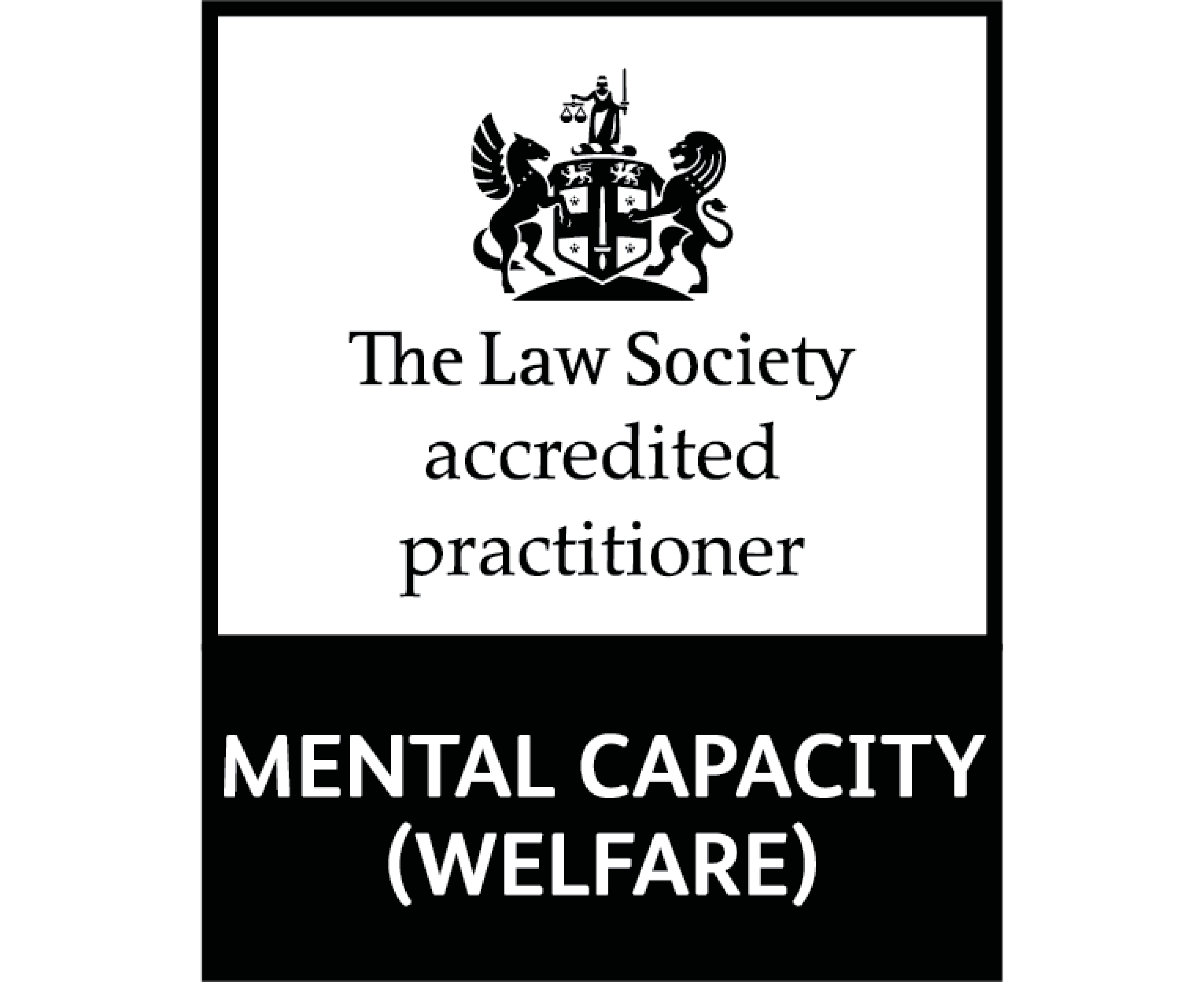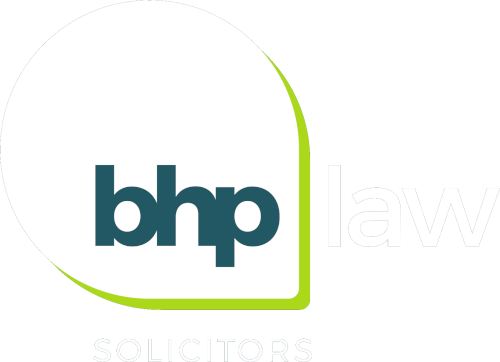A guide to Medical Negligence law
There are two hurdles you must overcome in order to be successful in your claim for medical negligence; establishing liability and establishing causation. These hurdles ascertain whether or not the treatment was negligent and if it was whether or not the client suffered as a result of that negligent or if the subsequent problems would have occurred regardless of the procedure. Both must be established in order to succeed.
Liability
In particular you need to be able to satisfy what is known as the Bolam Test. The Bolam test comes from a legal case of the same name. In that case, the Court ruled that a medical professional is not guilty of negligence if he has acted in accordance with the practice as accepted as the proper procedure by a responsible body of medical peers skilled in that particular art. In plain English that means a medical professional is not negligent if they have acted in accordance to the practice that is generally accepted by a body of their peers. The test is therefore extremely difficult to satisfy as it must be proven that no reasonable skilled medical professional would have acted in the same way.
Causation
Even if you can show that the care given was negligent you must also prove your injury was caused by the negligence. This means that there must be a link between negligent treatment and the condition/injury that has been suffered. It is not sufficient to show that the treatment was negligent, it must also be shown that the negligent treatment caused damage.
It is for the claimant to prove on the balance of probabilities that the injury was a result of the negligence rather than the ailment being treated.
We will of course instruct specialist medical experts who will help us in establishing whether or not your treatment was negligent and if so what damage was caused. We will have a better understanding of your claim and be able to advise you as to the possibility of success in your claim once we have received your medical records.
Timescales
More cases than not will settle before getting Court; however Court proceedings may need to be issued to prompt an out of Court settlement, but there is always the risk of needing to attend Court with any Personal Injury or Medical Negligence claim.
It must be remembered that legal action must be taken within three years of the date you first knew, or could reasonably have been expected to know, that you had suffered an injury caused through someone else's negligence. However, there are exceptions to the three year rule. This includes injuries to children and that lack capacity to handle their own personal affairs.










